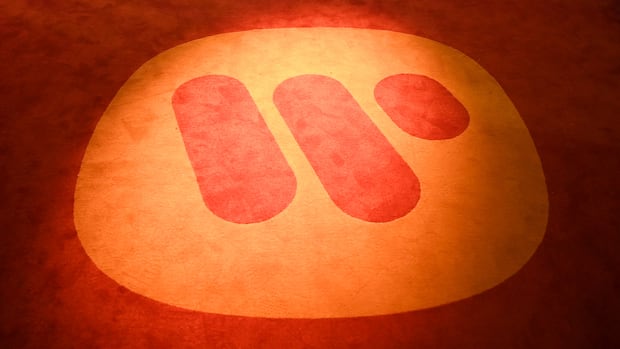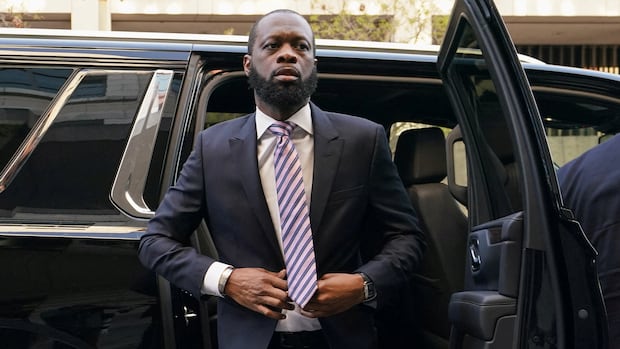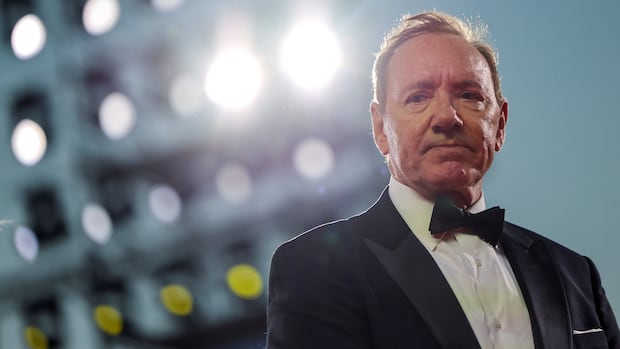Listen to this article
Estimated 5 minutes
The audio version of this article is generated by text-to-speech, a technology based on artificial intelligence.
Warner Music Group has settled their copyright infringement lawsuit against AI music generation platform Udio and announced a new agreement that will see the two companies work together on a new AI music platform.
In a joint statement on Wednesday, the companies said Udio would develop a music “creation, listening, and discovery platform” that will launch in 2026, using generative AI trained on licensed and authorized music.
“Our new platform will enable experiences where fans can create alongside their favorite artists and make extraordinary music in an environment that offers artists control and connection,” said Udio’s co-founder and CEO Andrew Sanchez in a statement.
The new Udio platform will allow users to make new songs, remixes and covers using the work of artists who choose to participate. Those artists and songwriters will be compensated and credited, according to the release.
Ed Sheeran, Fleetwood Mac, Dua Lipa and Zach Bryan are some of the artists represented by Warner.
 Dua Lipa attends the 2023 Met Gala at The Metropolitan Museum of Art in New York City. Lipa is one of Warner's high profile artists. (Dimitrios Kambouris/Getty Images)
Dua Lipa attends the 2023 Met Gala at The Metropolitan Museum of Art in New York City. Lipa is one of Warner's high profile artists. (Dimitrios Kambouris/Getty Images)Financial details of the settlement and agreement weren’t shared.
The deal is Udio’s second with a major music company — just last month, Universal Music Group announced a very similar agreement to settle their lawsuit with Udio, and partner on the new AI music platform.
It’s also just one in a handful of agreements signed between AI startups and major music companies in recent days.
LISTEN | How good is AI generated music, really?:Day 67:31Artists and record labels are pushing back against AI music tools — but how good is the music they make?
On Thursday, Warner Music Group, Universal Music Group and Sony Music Entertainment all signed separate agreements with the startup Klay Vision.
Details about what Klay offers, and its deals with the companies, are sparse. According to Warner, the terms of their deal will help Klay “further evolve music experiences for fans, leveraging the potential of AI, while fully respecting the rights of artists, songwriters, and rightsholders,” the announcement said.
Warner also announced a third deal with Stability AI on Wednesday, to develop AI tools for songwriters, artists and producers.
Similar to Udio's deal with UniversalThe deal between Udio and Warner mirrors one signed between Udio and Universal Music Group last month.
On Oct. 29, the music group and the AI startup said they had settled a copyright infringement lawsuit and forged new licensing agreements for Udio to use authorized music on their AI music platform.
Until then, the Udio platform had allowed its users to download tracks generated through written prompts. But after the deal was inked, Udio stopped allowing its users to download their creations, which ignited backlash from users.
Udio’s founder and CEO said in a statement that the deal would unite music with AI “in a way that truly champions artists.” And while industry group the Music Artists Coalition said the ability for artists to opt in and have control over how their music is used was promising, they cautioned that questions remained.
“We've seen this before — everyone talks about 'partnership,' but artists end up on the sidelines with scraps. Artists must have creative control, fair compensation and clarity about deals being done based on their catalogs,” said board member and founder of the Music Artists Coalition, Irving Azoff, in a statement.
WATCH | Musicians seek protection against unethical use of AI:More than 200 performers, including Sheryl Crow and the estate of Bob Marley, have written a letter pleading for protection against the unethical use of artificial intelligence, such as the unauthorized reproduction of their voices and likenesses.The agreement last month with Universal and Udio marked the first settlement following lawsuits that put the AI startups and the major music groups at odds. Universal, Warner and Sony sued both Udio and another AI-generated music platform, Suno, for copyright infringement in 2024, accusing them of exploiting the recorded works of their artists in order to train their AI tools without compensation.
Udio and Suno had said the use of copyrighted sound recordings to train their systems qualifies as fair use under U.S. copyright law, and they called the lawsuits attempts to stifle independent competition.
Sony is the only major music company that hasn’t yet made an agreement with Unio.
AI's increasing presence in musicThe deal marks another step in AI’s gradual march into the music industry.
AI-generated music has been flooding streaming services amid the rise of chatbot-like song generators that instantly spit out new tunes based on prompts typed by users without any musical knowledge.
Earlier this month, AI artist Xania Monet became the first bot-generated musician to debut on a Billboard airplay chart.
Indie rock band The Velvet Sundown was revealed to be an AI hoax, despite amassing over one million monthly listeners on Spotify by early July. These figures have since dropped. Musical acts The Devil Inside, Aventhis and Nick Hustles are others that have risen to some level of streaming success before the creators behind them said they were made by AI.
Recently, a Deezer and Ipsos survey revealed that a whopping 97 per cent of listeners cannot distinguish between AI-generated and human-composed songs, fanning fears that AI could upend how music is created, consumed and monetized.











